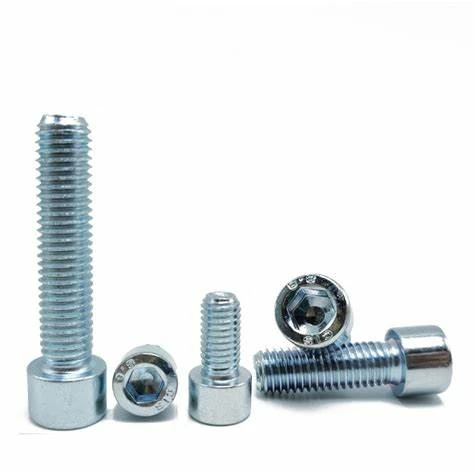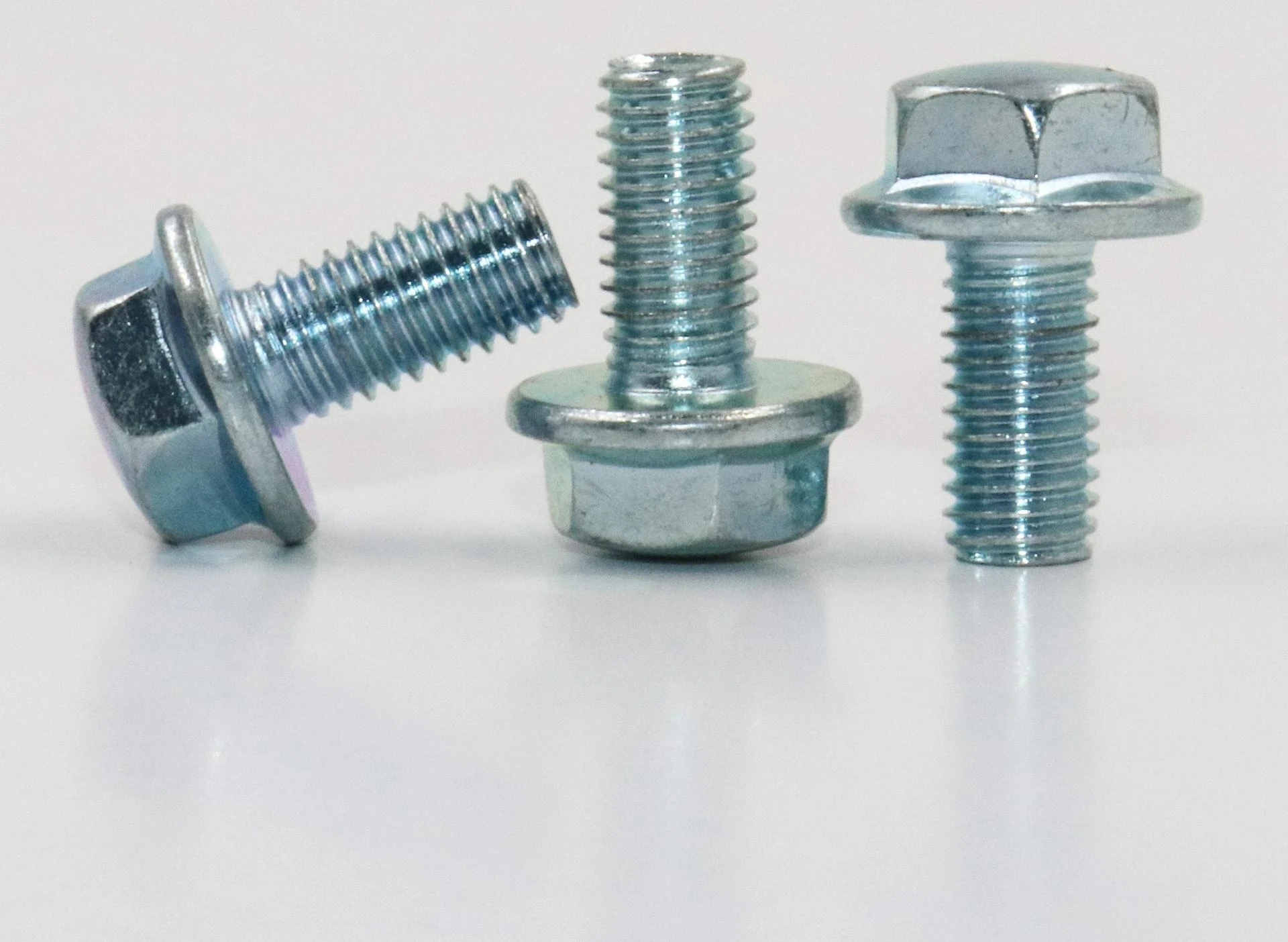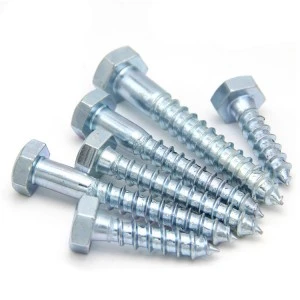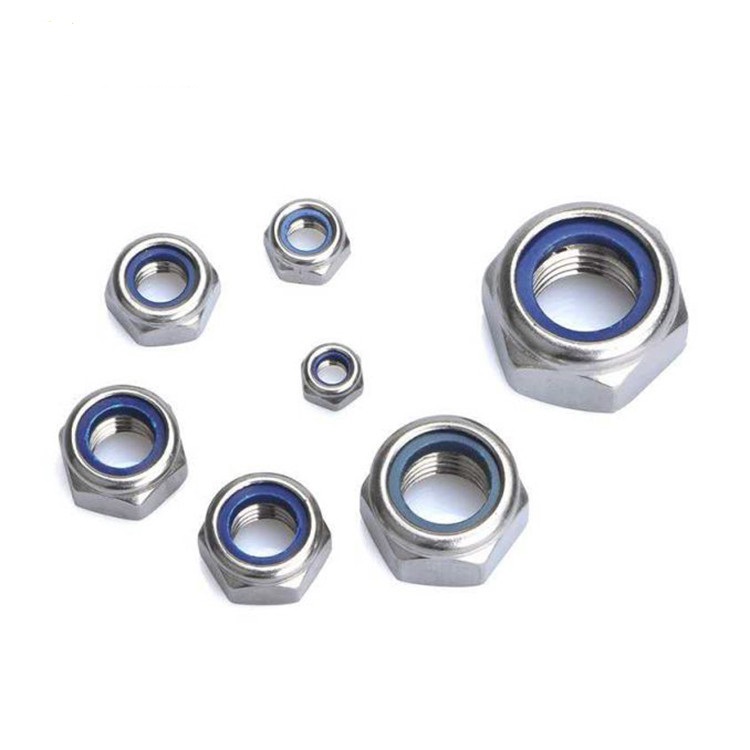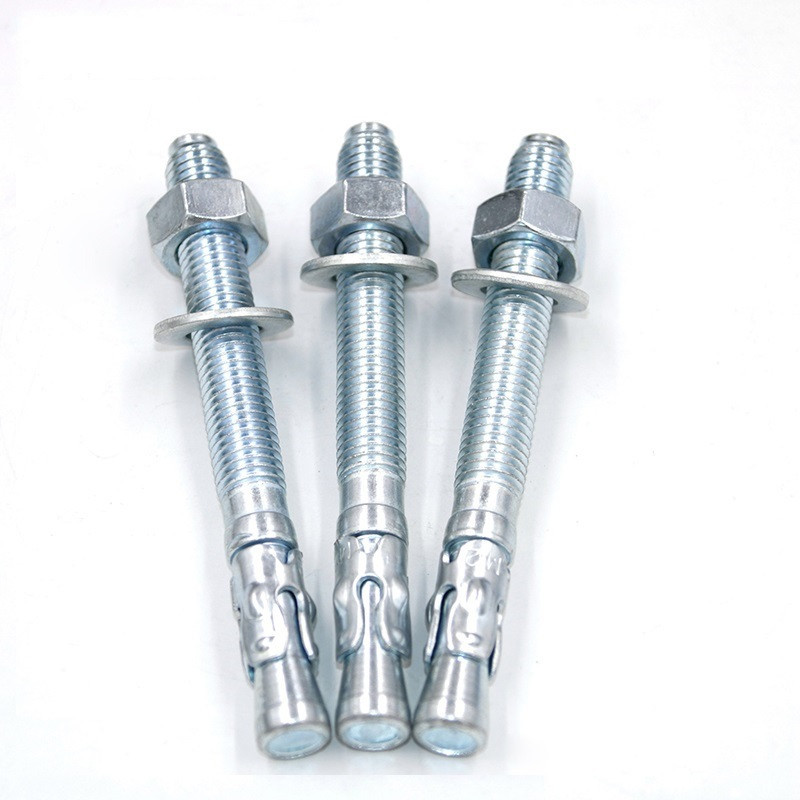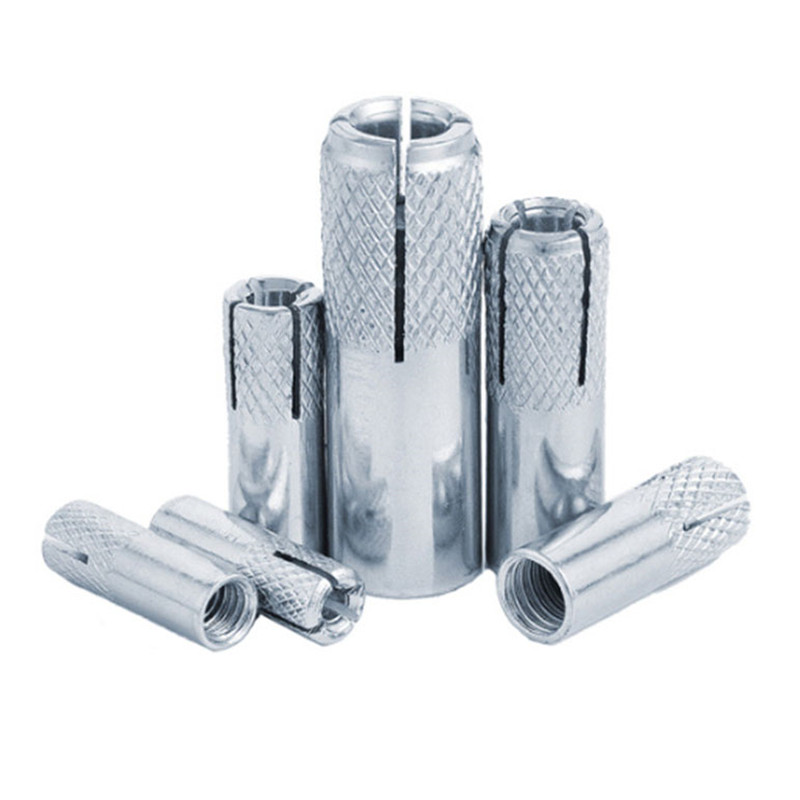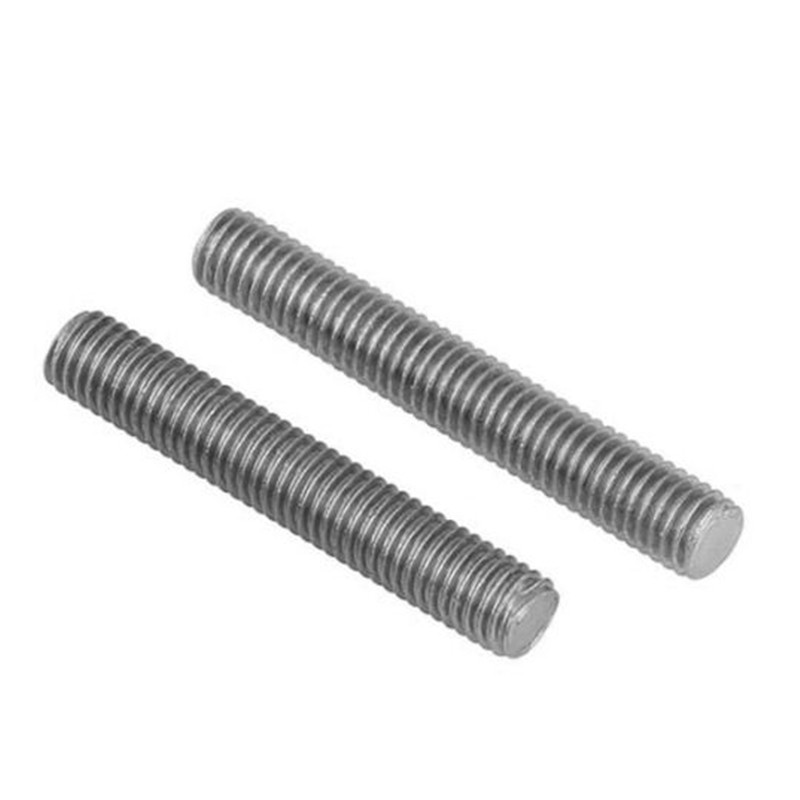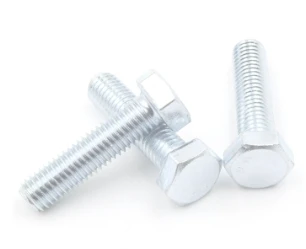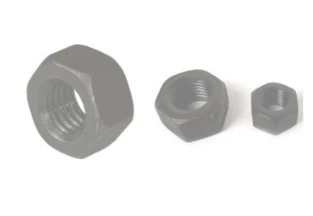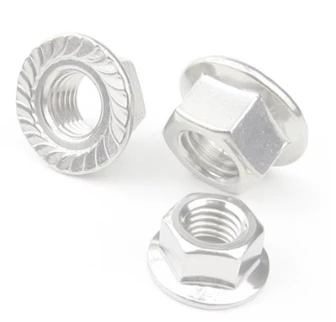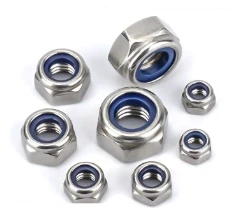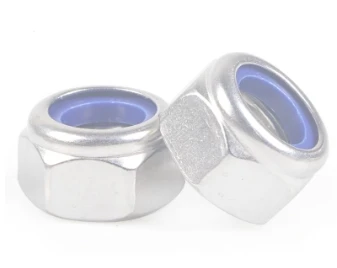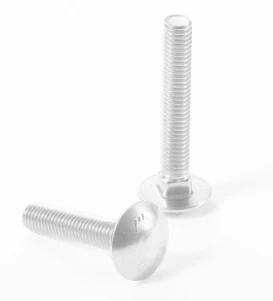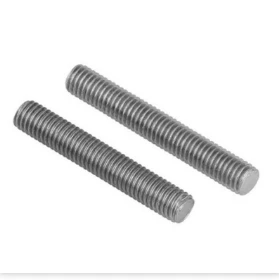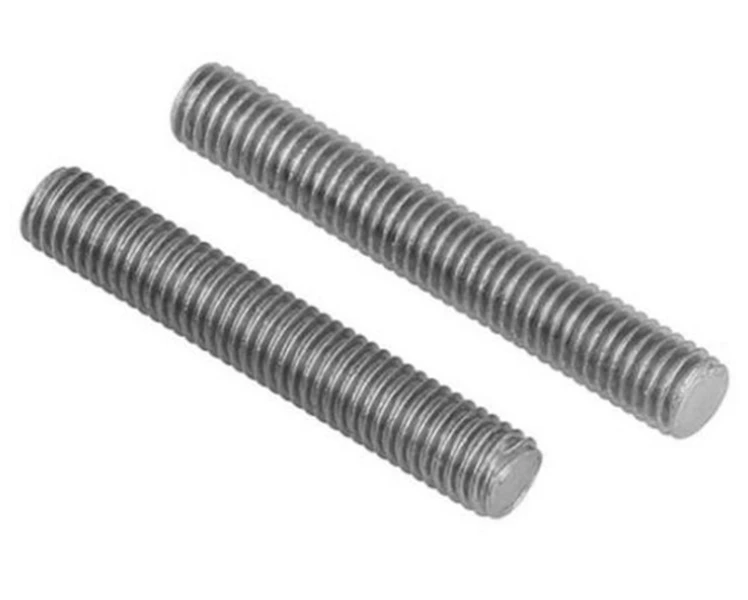Countersunk bolts are essential fasteners in numerous industries, offering superior functionality and a clean, flush appearance when installed. They are used in a wide variety of construction and engineering applications due to their ability to fit neatly into surfaces, making them ideal for situations where a flush finish is required. In this article, we will explore different types of countersunk bolts, including the A449 countersunk bolts, M16 countersunk anchor bolts, and fully threaded hex bolts, to understand how each one fits into modern fastening solutions.
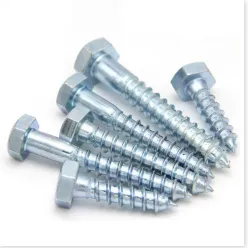
What Are Countersunk Bolts?
Countersunk bolts are specially designed fasteners that feature a conical shape at the head, which allows them to sit flush with the surface when tightened. This design provides an aesthetic advantage, particularly in applications where a smooth surface is needed. The countersink ensures that the head of the bolt is recessed, preventing any protrusions that could interfere with surrounding components.
The main advantage of using countersunk bolts is their ability to provide a flush, smooth surface, which is ideal for applications in industries like automotive, construction, and machinery. These bolts can be used with various materials, including metal, wood, and plastic, depending on the application requirements.
A449 Countersunk Bolts: A Heavy-Duty Solution
A449 countersunk bolts are designed for applications that require high strength and durability. This type of bolt is manufactured according to the A449 specification, which outlines the mechanical properties of high-strength steel bolts. A449 countersunk bolts are often used in demanding structural applications, including steel construction and heavy machinery assembly.
These bolts are typically used in situations where both the strength of the fastener and the need for a flush finish are critical. A449 countersunk bolts are ideal for securing structural components while maintaining a sleek and professional appearance. Their high tensile strength makes them suitable for heavy-duty projects that require reliable fastening solutions.
M16 Countersunk Anchor Bolts: Secure and Reliable Fastening
M16 countersunk anchor bolts are large, high-strength fasteners used primarily in anchoring applications. The M16 refers to the bolt’s diameter (16mm), which is a common size for heavy-duty applications requiring secure fastening to concrete, masonry, or other sturdy surfaces. The countersunk head of the bolt allows it to be embedded flush with the surface, which is essential for both functional and aesthetic purposes in construction.
M16 countersunk anchor bolts are commonly used in securing machinery, structural beams, and other heavy equipment to concrete foundations. These bolts are designed to offer superior holding power and reliability, especially in situations where movement or vibration could cause loosening. The recessed head also helps prevent damage to surrounding surfaces, making them a popular choice for professional contractors.
Fully Threaded Hex Bolts: Versatile Fastening Options
While fully threaded hex bolts are not countersunk, they are an essential part of the fastening landscape and offer different advantages in specific applications. These bolts feature a hexagonal head and threads running the entire length of the bolt. This design makes them suitable for applications where a full grip is needed along the entire length of the fastener.
Fully threaded hex bolts are commonly used in industrial applications and machinery where maximum holding strength is necessary. They offer versatility in various fastening scenarios and can be used with nuts, washers, or other threaded components. The full thread allows for a strong, secure connection, making these bolts indispensable in construction and manufacturing industries.
How to Choose the Right Countersunk Bolt for Your Project
When choosing the right fastener for your project, understanding the specific requirements of your application is crucial. Whether you need A449 countersunk bolts for high-strength construction or M16 countersunk anchor bolts for anchoring to concrete, selecting the correct type of bolt ensures the success and durability of your work. Consider factors such as material strength, the load requirements, and the surface finish when choosing bolts for your projects.
Additionally, fully threaded hex bolts may be necessary in certain projects that demand a secure, full-length connection. Selecting the correct bolt can impact the overall integrity and aesthetic of your work, making it important to consider your options carefully.
Countersunk Bolts FAQs
What are the advantages of using countersunk bolts?
The main advantage of using countersunk bolts is their ability to sit flush with the surface, creating a clean, smooth appearance. This is ideal for applications where the bolt should not protrude, such as in furniture, automotive parts, or machinery.
What is the difference between A449 countersunk bolts and regular bolts?
A449 countersunk bolts are made from high-strength steel and are specifically designed for heavy-duty applications. They offer superior tensile strength compared to regular bolts, making them suitable for use in demanding environments such as structural steel construction and machinery assembly.
Where are M16 countersunk anchor bolts commonly used?
M16 countersunk anchor bolts are commonly used in construction to secure heavy equipment or structural components to concrete foundations. Their strength and recessed head make them ideal for anchoring applications where a flush surface is necessary.
Can fully threaded hex bolts be used for countersunk applications?
No, fully threaded hex bolts are not designed for countersunk applications. These bolts are ideal for scenarios where a full-length thread is needed for maximum holding strength, but they are not intended to sit flush with the surface like countersunk bolts.
How do I select the right bolt for my project?
To select the right bolt for your project, consider factors like the material strength, load requirements, and whether a flush or protruding finish is needed. For heavy-duty applications, A449 countersunk bolts or M16 countersunk anchor bolts may be appropriate, while fully threaded hex bolts are ideal for general fastening where full-length threads are needed.
In conclusion, selecting the right bolt for your application is crucial to ensure both functionality and aesthetics. Whether you need the strength of A449 countersunk bolts, the anchoring power of M16 countersunk anchor bolts, or the versatility of fully threaded hex bolts, each option has its specific use case. Understanding the advantages of each type will help you make an informed decision for your next project.
Visit our website to explore our wide range of bolts and fasteners, including A449 countersunk bolts, M16 countersunk anchor bolts, and fully threaded hex bolts. Our team is ready to help you choose the best fasteners for your needs, ensuring the success and durability of your work.
Post time: Jun . 03, 2025 09:36


